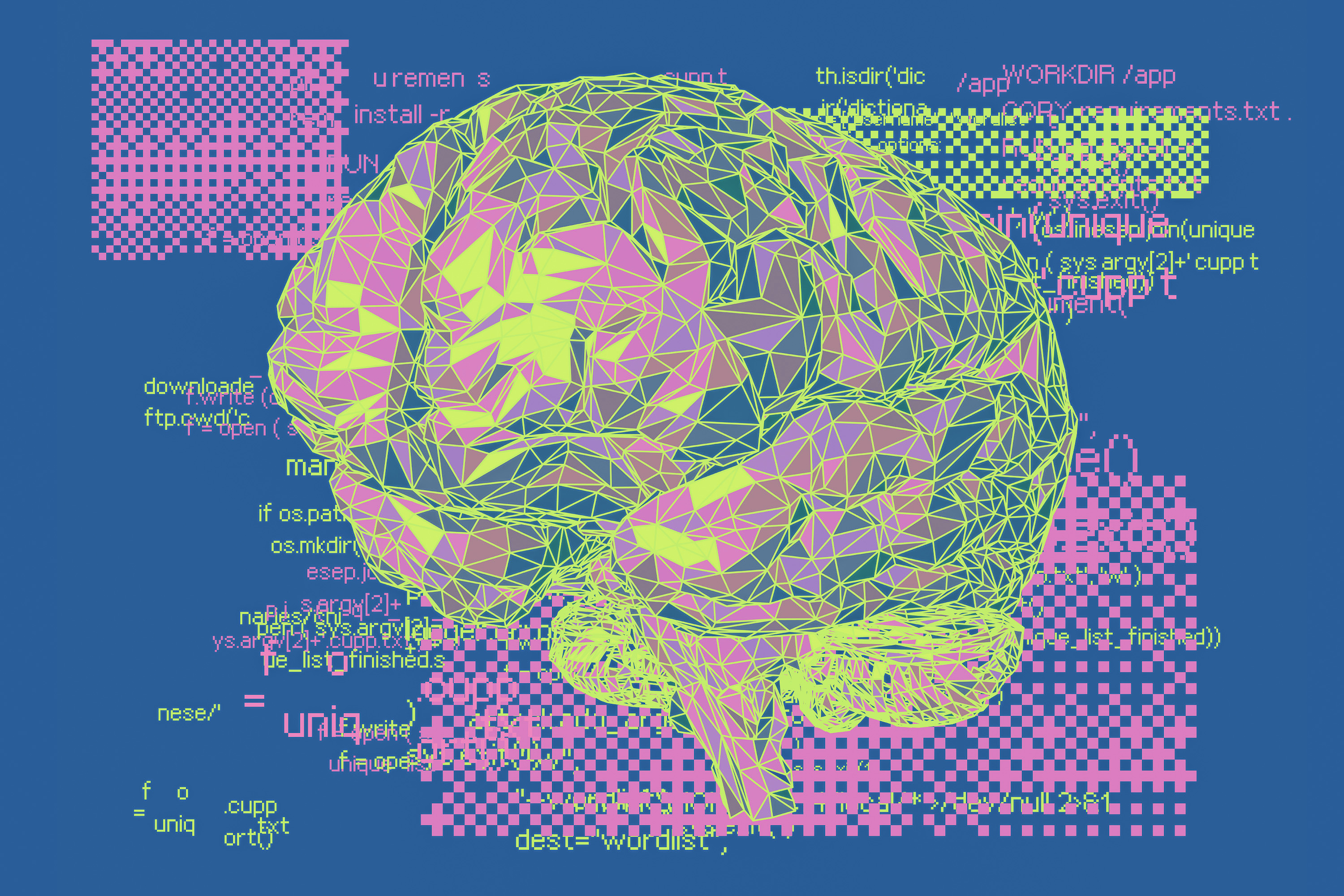
Recently, the Dutch Ministries of Economic Affairs, Climate, Health, Welfare, Sport and 12 other parties, including healthcare insurer Menzis and the Dutch College of General Practitioners signed a Health Deal. This deal stimulates eHealth projects that are concerned with eHealth prevention solutions. Their aim is to get 10% of the Dutch to use these eHealth services by 2020. According to a new market research report, this is in line with a worldwide trend in which government initiatives aim to enhance and scale-up the use of eHealth. Reason for this trend is that eHealth offers a solution for many financial challenges in healthcare such as ageing societies and the increase of chronical diseases.
As we mentioned before, the demand for active participation and user-unfriendly programs, the implementation of eHealth stays behind. Users (doctors, patients etc.) experience eHealth as an extra burden instead of a solution and prefer old ways of interaction between patient and doctor. The Dutch initiative aims to anticipate some of the inconveniences by making use of the gamification trend, seducing users with fun games to monitor their personal health. Initiatives like these show that governments are determined to make eHealth a prominent factor in healthcare as soon as possible.
The more we become dependent on eHealth services, solutions and the digital storage of our medical records, the more we are in need of a (secure) digital identity that can be connected to our personal medical data. In Estonia, for example, eHealth has already come a long way due to a mandatory digital identity card. Implementing eHealth more thoroughly into our healthcare process might therefore stimulate other digitalization processes as well, such as a digital identity card.

